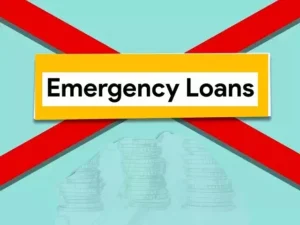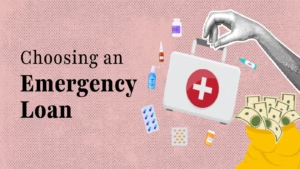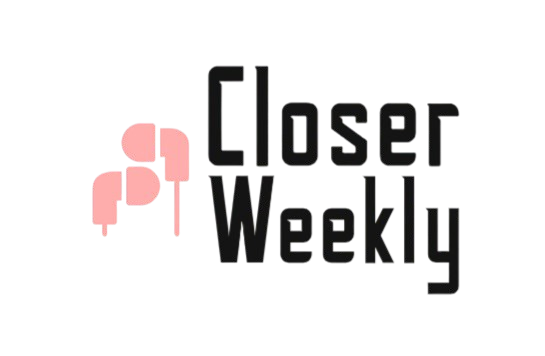Life can be unpredictable. From sudden medical expenses to car trouble or urgent home repairs, emergencies often strike when we least expect them—and they can drain your savings fast. Add in potential job loss or unexpected bills, and you might find yourself needing cash in a hurry. In these stressful times, emergency cash loans can offer a crucial financial bridge, giving you breathing room until you regain stability.

What Are Emergency Cash Loans?
Emergency cash loans are short-term financial solutions designed to help you cover unplanned expenses quickly. These loans typically provide fast access to funds—often within 24 hours—which makes them especially useful in time-sensitive situations.
Common Types of Emergency Cash Loans
1. Payday Loans:
These are small, short-term loans meant to be repaid with your next paycheck. They’re fast and require minimal qualifications, but they come with steep interest rates and fees. Use with caution.
2. Installment Loans:
Unlike payday loans, these are repaid over a longer period in fixed monthly installments. They tend to have lower interest rates and may be a better option if you qualify.
3. Personal Loans:
Unsecured personal loans can be used for various purposes, including emergencies. They usually offer more reasonable interest rates and flexible repayment terms than payday loans.
4. Home Equity Loans or HELOCs:
If you own a home, you may be able to borrow against its equity. These options often come with low interest rates but carry the risk of foreclosure if you can’t repay.
5. Credit Cards:
While not typically ideal for emergencies, credit cards can be a quick fix if used wisely. Be mindful of high interest and only charge what you can pay off quickly.
What to Look for in an Emergency Loan
Before choosing a loan, take these factors into account:
- Interest Rates & Fees: Compare offers carefully, looking at APRs, service charges, and hidden fees.
- Repayment Terms: Ensure the loan’s terms align with your income and ability to pay.
- Loan Amount: Only borrow what you truly need. Taking more than necessary can lead to unnecessary debt.
- Credit Requirements: Some lenders check credit scores, while others don’t. Know how this might impact your chances.
- Lender Credibility: Research lenders and read reviews. Stick with reputable sources.
- Alternatives: Consider other options before borrowing—like borrowing from friends or family, selling items you no longer need, or picking up extra work temporarily.
Smart Borrowing Tips
If you decide to take out a loan, use it responsibly by following these practices:
- Set a Budget: Know exactly how much you earn and spend. Identify areas where you can cut costs.
- Build an Emergency Fund: Start saving so you’re better prepared for future surprises.
- Understand the Terms: Read all the fine print before you sign anything.
- Pay on Time: Avoid late payments to protect your credit and dodge extra fees.
- Seek Help if Needed: If you’re struggling to repay, contact a credit counselor for professional advice.
Financial Planning: The Best Defense
While loans can help in the short term, long-term financial planning is your best defense against future emergencies. Here’s how to start:
- Emergency Savings: Aim to save enough to cover 3–6 months of living costs.
- Create a Solid Budget: A realistic budget helps you understand your finances and make better decisions.
- Lower Your Debt: Explore strategies like debt consolidation or snowball/avalanche methods to reduce what you owe.
- Boost Your Income: Consider freelancing, side gigs, or asking for a raise to increase your cash flow.
- Strengthen Your Credit Score: A healthy credit score unlocks better loan terms and can save you money over time.

Final Thoughts
Emergency cash loans can be a helpful tool during financial distress, but they’re not a one-size-fits-all solution. Choosing the right type of loan and using it wisely is essential. Always weigh your options and consider the long-term impact. Most importantly, make financial planning a priority—it’s the best way to stay prepared and protect your financial health.
Disclaimer: This article offers general information only and is not a substitute for professional financial advice. Always consult with a financial advisor for recommendations tailored to your specific needs.
Note: This content is for informational purposes only and does not promote or endorse any specific lenders or loan products.
Let me know if you’d like to turn this into a blog post or design a visual guide to go along with it!




